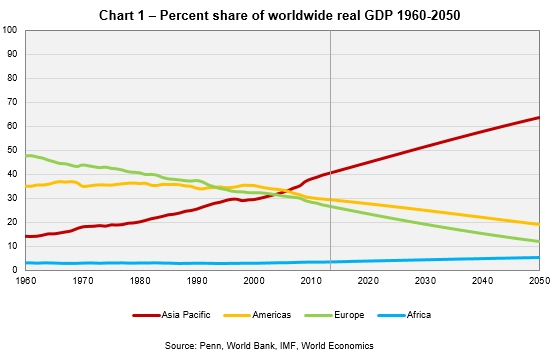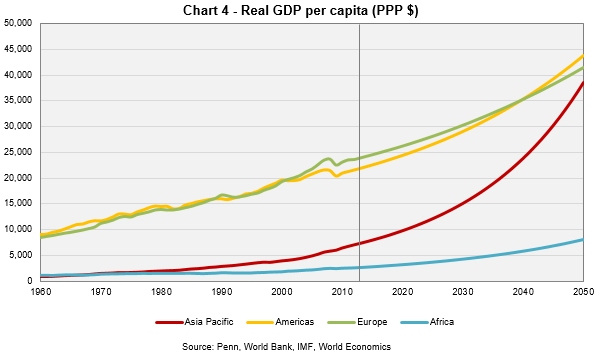- Reaction score
- 33
- Points
- 560
This is the unintended (?) consequence of the R2P idea; penny packets of troops sent on a potentially hopeless mission for no obvious reason involving the nationa interest:
http://www.theatlantic.com/international/archive/2011/10/why-is-obama-sending-troops-against-the-lords-resistance-army/246748/
http://www.theatlantic.com/international/archive/2011/10/why-is-obama-sending-troops-against-the-lords-resistance-army/246748/
Why Is Obama Sending Troops Against the Lord's Resistance Army?
OCT 14 2011, 5:23 PM ET 134
The pseudo-Christian terror cult has enslaved 66,000 children in its 20-year campaign across several countries in Central Africa, but it poses no threat to the U.S. or its interests
When the Lord's Resistance Army showed up in the Central African Republican village of Obo in 2008, everyone who refused to join them was killed. One of the men they scooped up, Daba Emmanuel, would spend the next year as one of the LRA's slave-soldiers. Indoctrinated, abused, and eventually forced to perform raids like the one against Obo, he survived to tell journalist Graeme Wood his story. "We killed the old immediately, and kept the young for work," Emmanuel said.
Recalling one raid on a village in the Democratic Republic of Congo, he told Wood that his small LRA faction began by gathering all the villagers together. "We put them into the church and closed the doors," Emmanuel remembered. They'd been ordered to steal supplies and find new children to make into slaves. "We entered only to choose some small girls and boys. The rest we burnt." They killed anyone who tried to escape with machetes, logs, or stones -- new recruits like Emmanuel were not trusted with rifles. As with similar groups, it's children who make the most loyal soldiers -- once their home has been destroyed, their language forgotten, and their religion replaced with a cult-like worship of LRA leader Joseph Kony, betrayal or escape is much less likely.
Part insurgency and part cult, the Lord's Resistance Army has waged a 20-year campaign of terror across Uganda, where it originally formed in opposition to the government there, the Democratic Republic of Congo, the Central African Republic, and Sudan. It raids villages, massacres for no other purpose than bloodlust, enslaves child soldiers and child sex slaves, drugs its captives to make them more violent, all in an apparently endless mission that has destroyed countless villages and killed thousands of civilians, transforming one of the world's least governed spaces into one of its most dangerous.
A 2009 U.S. law authorizing financial support to Uganda against the LRA cites studies finding the LRA had abducted 66,000 children and displaced two million civilians. Last year, Human Rights Watch executive director Kenneth Roth -- no hawk -- called on Obama to use U.S. military force against the Lord's Resistance Army. Roth cited the group's overwhelming humanitarian toll, its small size, and (unlike, for example, the Taliban) its extreme unpopularity among the populations it terrorizes.
The U.S. already supplies intelligence and a few million dollars to the Ugandan government in its totally failed quest to stop the LRA and to capture Joseph Kony, who is under indictment for war crimes from the International Criminal Court. On Friday, President Obama announced he would be sending approximately 100 U.S. combat troops to "act as advisors to partner forces that have the goal of removing from the battlefield Joseph Kony and other senior leadership of the LRA. Our forces will provide information, advice, and assistance to select partner nation forces." Special forces will be among them. The troops will not fire unless fired upon, but they will be able to provide much-need intelligence and organizational support to the Ugandan forces; they will also provide an important check on Uganda's troops, who might be tempted toward less-than-legal behavior as they crash around Central Africa.
Kony may be barking mad -- he performs bizarre rituals and claims to fight for "the Ten Commandments" -- but he has survived for two decades, outnumbered and outmatched by every metric, on little more than his ideology and his wits. "Kony is a brilliant tactician & knows the terrain better than anybody. He surrounds himself with scouts who have what amounts to an early warning system, which is how he's eluded capture for so long," Morehouse College assistant professor and Central Africa expert Laura Seay warned on twitter. "Kony also operates in some of the least-governed areas of the world's weakest states. Many of these places have no roads, infrastructure. All of this adds up for a potential mess for US troops, who don't know the terrain & can't count on host government troops to be helpful or even to fight. This will not be easy for only 100 US forces to carry out, especially given language barriers." Seay also points out that Kony uses children as human shield -- and as much of his fighting force -- making any direct action ethically and morally difficult.
Obama's decision to send 100 troops is a microscopically small deployment compared to the broader U.S. military diaspora: hundreds of thousands of troops in dozens of countries. The list of countries with around 100 or more U.S. troops might surprise you: Colombia, Thailand, the Philippines, the United Arab Emirates, and Djibouti, to name a few. That list would probably be a lot longer if it included special forces deployment. Last year, Marc Ambinder reported that Obama had approved special forces bases and operations across the Middle East, the Horn of Africa and Central Asia. But those operations, large and small, target terrorist groups and rogue states that threaten the U.S. -- something the Lord's Resistance Army could not possibly do.
If this if the humanitarian mission that the Obama administration says it is, and if it achieves the humanitarian goals it is setting out to achieve, it would be harder to find a more suitable target than the Lord's Resistance Army. Since World War Two, the U.S. has often presented its military, overwhelmingly the most powerful on Earth, as a force for good and global stability. In execution, it has been a force for furthering U.S., not global, interests -- just like every other national military. Some U.S. military actions, such as the intervention in Libya or the toppling of the Taliban in Afghanistan, were sold as efforts for global peace, and that was probably part of the motivation, but they were also designed to promote American interests: to remove threats and replace them with friendly faces.
It's difficult to find a U.S. interest at stake in the Lord's Resistance Army's campaign of violence. The group could go on killing and enslaving for decades -- as they well might -- and the American way of life would continue chugging along. It's possible that there's some immediate U.S. interest at stake we can't obviously see. Maybe, for example, Uganda is offering the U.S. more help with peacekeeping and counterterrorism in East Africa, where the U.S. does have concrete interests, in exchange for the troops. But it certainly looks like a primarily or purely humanitarian military mission, if a very small one. The Obama administration is hoping that these 100 troops will succeed where past U.S. assistance against the LRA -- intelligence, satellite images, fuel, and millions of dollars -- has failed. Maybe they will and maybe they won't. But this seems to suggest a small but important shift in how, where, and why the U.S. uses applies military force.


